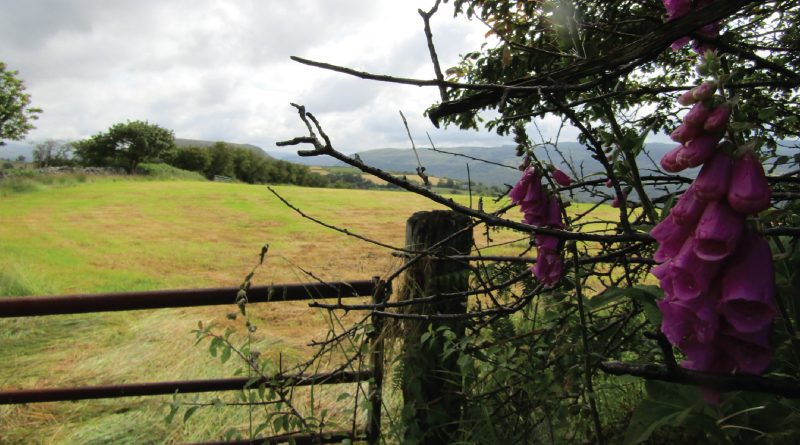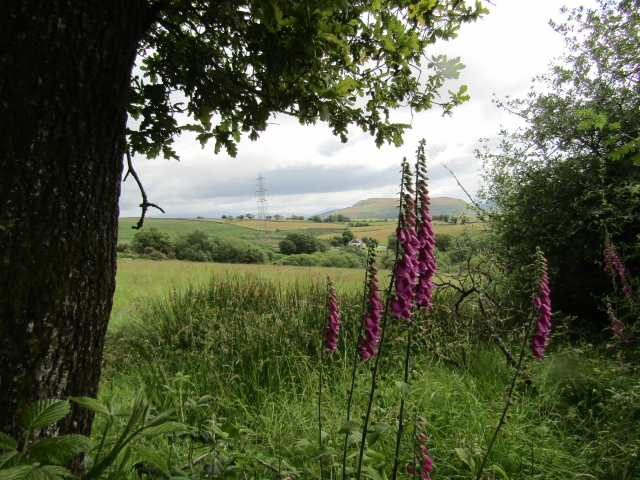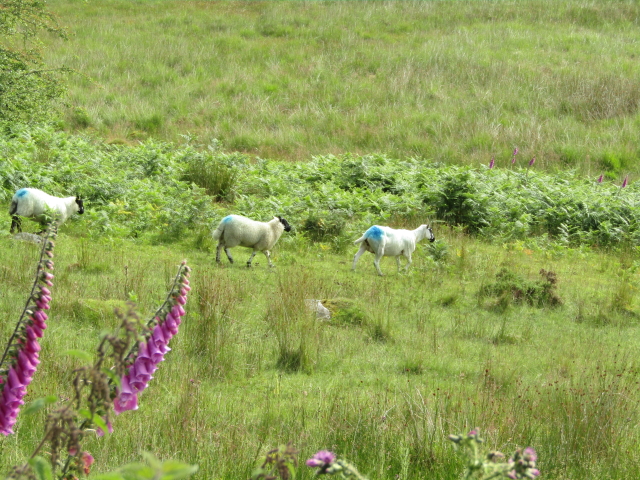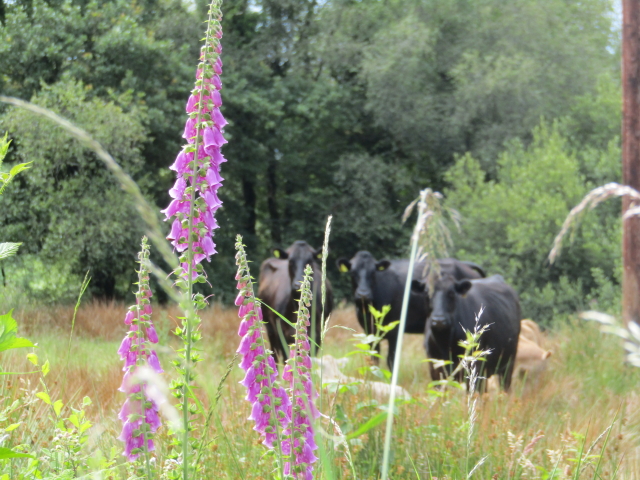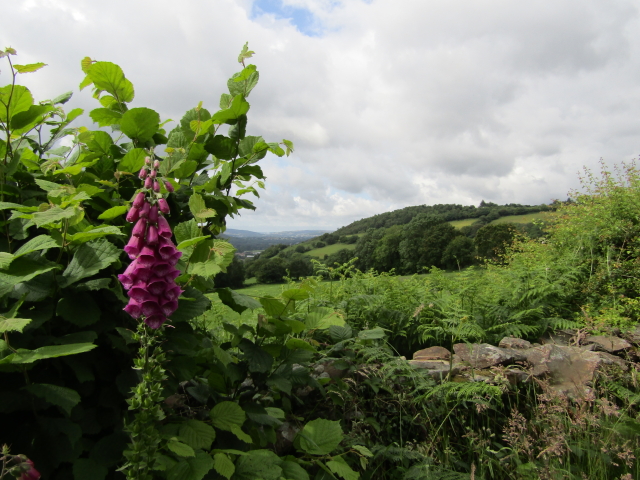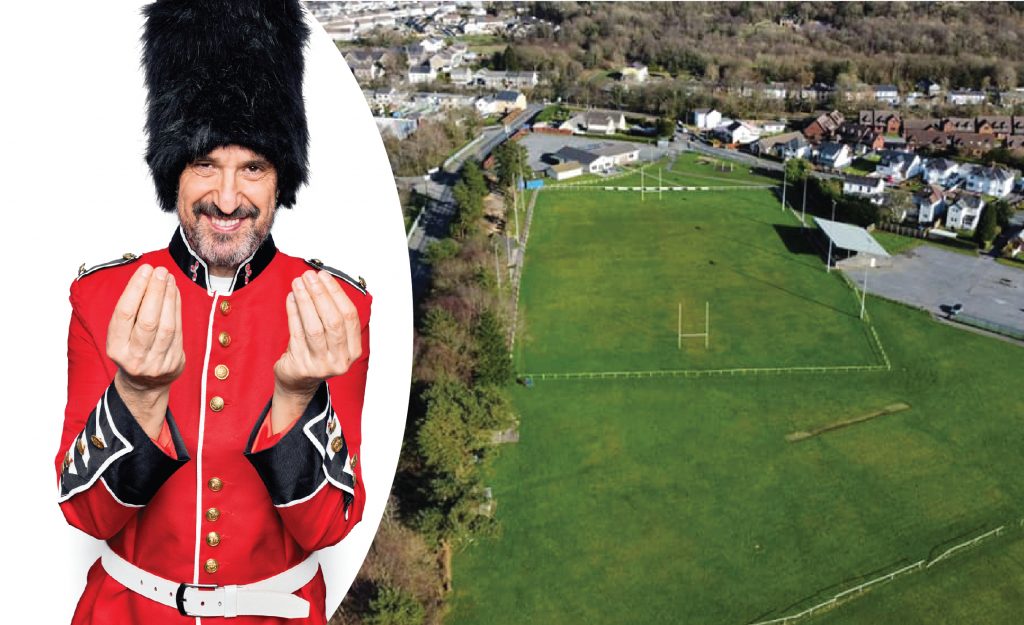WHY MORE FOXGLOVES IN PONTARDAWE IS GREAT NEWS
You may have noticed an abnormally high number of foxgloves around Pontardawe this year. The striking pink flower, which can grow up to 2 meters high are especially found in hedgerows and around woodlands. The apparent increase is great news for bees and therefore, us all.
‘Raise the dead and kill the living’
Foxglove contains a chemical called digitalis. This can be used to treat heart failure and high blood pressure. However, the plant is poisonous if consumed directly, and can cause a number of health problems.
The plant is usually seen June to September and grow particularly well in acidic soil.
Bees
Foxgloves are an important source of pollen for bees. The flower has evolved to be especially attractive to long-tongued bees such as the common carder bee. A bee which we are familiar with in Pontardawe.
The brightly coloured flowers and dark spotted lip attracts the bee. Whilst the lower lip of the flower allows the insect to land. It then climbs up the tube. By doing this, the bee will drop pollen from other foxgloves, allowing the plant to reproduce.
So a sign of more foxgloves, could mean a sign of more bees.
Lockdown
It seems that we may be seeing the benefits of the Spring 2020 lockdown.
One of the greatest environmental impacts of the lockdowns was the significant reduction in air pollution. We simply were not driving anywhere.
In a 2016 study, it was found that bees waste a lot of energy trying to detect food in polluted air. Just a small volume of air pollution can make it far more difficult for a bee to detect nectar. If bees are not foraging efficiently then they reach less flowers, spread less pollen and are less likely to survive themselves.
“In a world with less air pollution, bees can make shorter and more profitable ‘shopping trips’, and this may help them rear more young,” says Mark Brown, professor of evolutionary ecology at Royal Holloway, University of London.
A previous 2015 study suggested that 24 billion bees and wasps are killed by vehicles on roads every year across North America. And as UK councils are tightening their purse strings due to coronavirus, many have stopped maintaining road verges which have turned into lush habitats as a result. “This unexpected profusion of flowers may well be another benefit for bees, with the unexpected food they provide boosting bee populations,” Brown says.
Importance of bees
We are all aware of the importance of bees. They fertilise a third of the food we eat and 80% of flowering plants. It is estimated that they add £690 million to the UK economy every year. If an increase in foxgloves means an increase in bees then we should all be happy!

